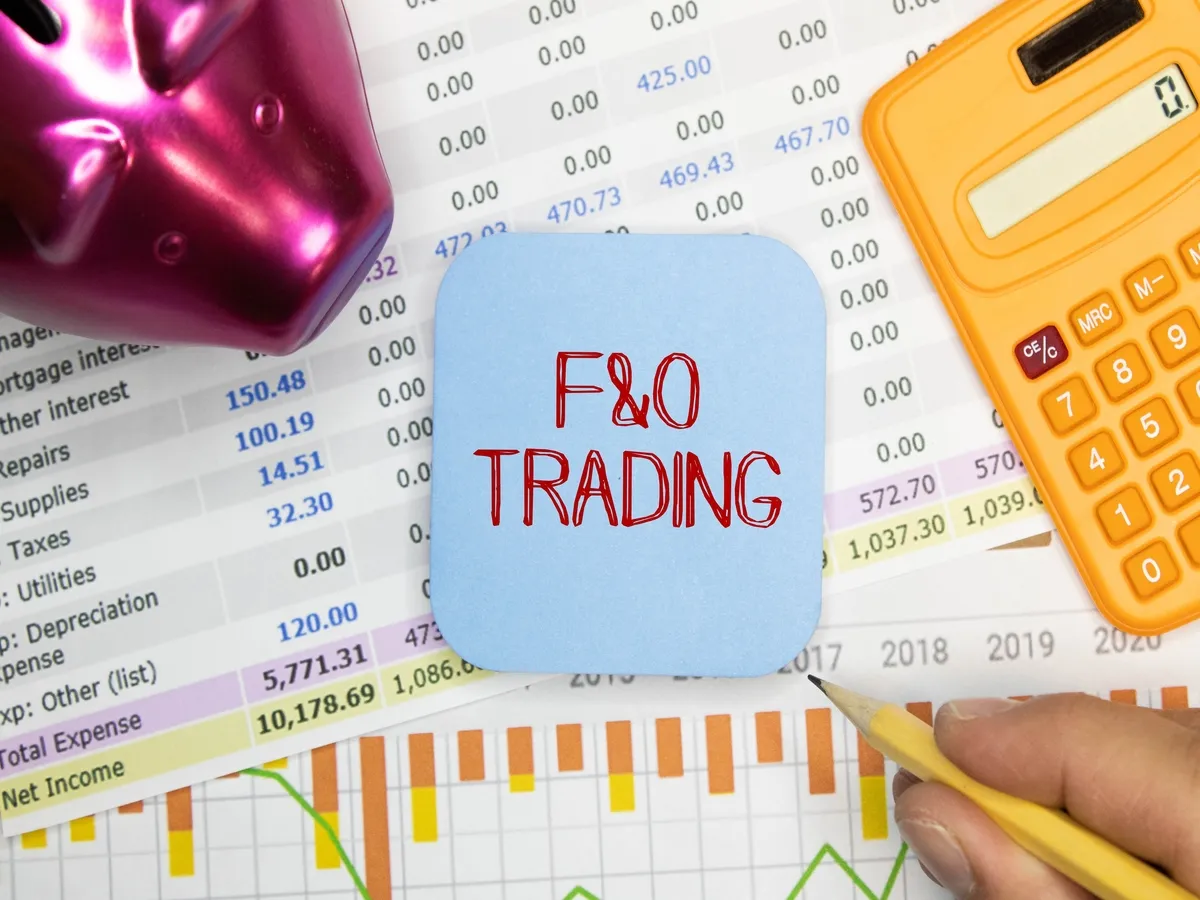Upstox Originals
The hidden world of derivatives: Fun facts and trivia

4 min read | Updated on July 22, 2024, 18:21 IST
SUMMARY
The word derivative means something that is obtained from another thing. For example, I find some similarities between derivatives and relatives in our life. Relatives are related to us but are not us, derivatives are related to their original forms and shapes but they are not them. Indeed, they are similar in their values in our life too.

You need patience to learn derivatives trading.
The stock market or ‘share market’, as it is popularly known, has always been an enigma with people deriving different meanings at different times.
Whenever I tell people I work for Upstox, they often ask me questions as if I know the secrets of making money in the stock market. These days, one such question is ‘what is derivatives trading and how do you make money from it?’ My honest answer is this: derivatives trading is rocket science. Yes, you heard it right. In fact, it is older than rocket science and existed in ancient times, too.
And the answer to the second part of the question is–no one knows how to make money in this game that has become a new obsession for thousands of traders. However, it is certainly worth delving into its origin and journey of becoming a phenomenon in the stock market these days.
Etymologically, the word derivative means something that is obtained from another thing. For example, I find some similarities between derivatives and relatives in our life. Relatives are related to us but are not us, derivatives are related to their original forms and shapes but they are not them. Indeed, they are similar in their values in our lives too.
You need patience to deal with relatives and may need more patience to learn derivatives trading. You can depend as much on derivatives for money as on your relatives. Some relatives may create a windfall of wealth for their nearest relatives and sometimes this is true of derivatives too. Just sometimes, not always. Most of the time, they drain your wealth. So beware.
Now, let’s dive into the captivating history of derivatives in the financial world.
Ancient beginnings: Mesopotamia to Greece
Perhaps the first derivatives trade happened around 1800 BC in Mesopotamia—modern-day Iraq—which was home to some of the world’s oldest civilisations. Around the time, in the bustling markets of Mesopotamia traders started using contracts to shield themselves from the volatile prices of their goods. These early contracts were quite similar to modern futures contracts and served as a form of insurance for traders.
In ancient Greece, the philosopher Thales of Miletus made an innovative bet on the olive harvest. He paid a small fee for the option to use olive presses during the harvest season. When the harvest was abundant, he rented out the presses at a higher price, making a nice profit. This was an early form of an options contract.
The evolution of derivatives in India
India has a long and rich history with derivatives, especially in agriculture. The concept dates back to the Vedic period when forward contracts were used for trading grains, spices and textiles. However, the establishment of the Bombay Cotton Exchange in 1875 marked the formal beginning of organised derivatives trading in India.
The National Stock Exchange (NSE) launched index futures in 2000, followed by stock futures in 2001. Over time, India has become one of the largest derivatives markets in the world with millions of contracts traded daily.
Fun trivia: Did you know?
Understanding modern derivatives
Let’s break down modern derivatives with simple analogies:
The Indian derivatives market today
India’s derivatives market has grown significantly, offering various risk management and investment tools. It has grown so much so that the regulators and policymakers are watchful of its implications, especially the retail participation.
By signing up you agree to Upstox’s Terms & Conditions
About The Author
Next Story
